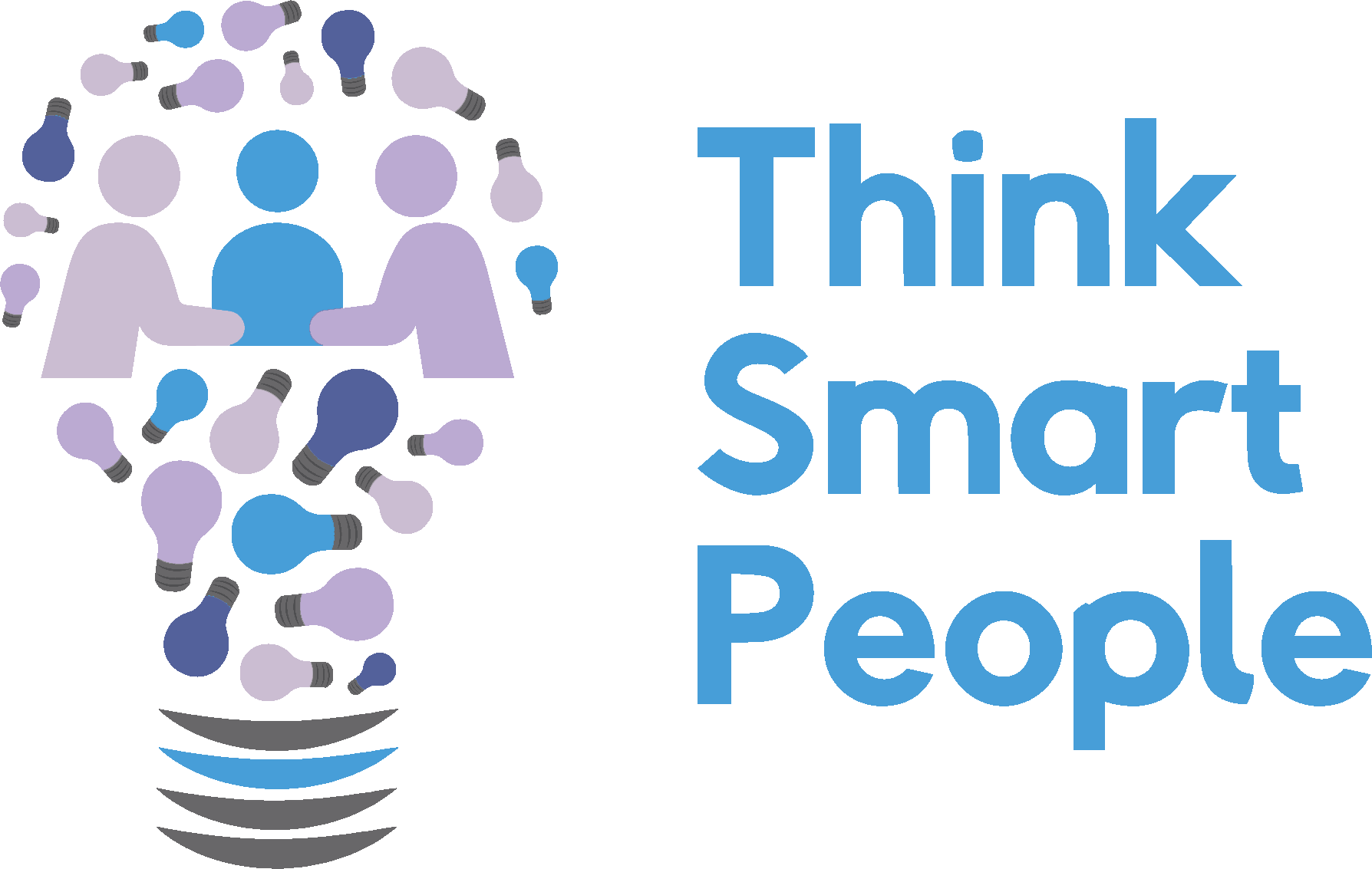Pros And Cons Of HR Software For Streamlining Recruitment Processes
Recruitment is one of the most time-consuming and resource-intensive tasks for businesses. From advertising vacancies to screening applications and managing interviews, the process can overwhelm HR teams, especially for companies dealing with high volumes of hiring. This is where HR software steps in, offering tools to simplify and speed up recruitment. But before adopting such technology, it’s essential to weigh the pros and cons of HR software for recruitment processes.
HR software is designed to automate repetitive tasks, improve organisation, and provide a more structured approach to hiring. It can help businesses post jobs to multiple platforms, track applications, and even identify the best candidates using advanced filtering tools. For many organisations, these capabilities mean faster hiring and fewer mistakes in the selection process. However, like any tool, HR software comes with its own set of limitations and challenges, which must be considered.
Some businesses find the cost of HR software to be a barrier, particularly smaller organisations with tighter budgets. Others worry about the potential loss of a personal touch in the hiring process or challenges integrating the software with existing systems. Understanding these aspects is vital to making an informed decision.
In this article, we at Think Smart People will explore how HR software helps streamline recruitment, its advantages and drawbacks, and how to decide whether it’s the right solution for your organisation. By understanding the pros and cons with HR software, you can determine if it aligns with your recruitment needs and goals.
Understanding Pros And Cons Of HR Software And How HR Software Works In Recruitment
HR software is designed to simplify and organise the recruitment process, making it more efficient and less stressful for hiring managers. It works by automating repetitive tasks and providing a centralised system for managing all aspects of recruitment. Whether you’re a small business or a large organisation, understanding how this software operates can help you decide if it’s the right choice for your needs.
The recruitment process often starts with posting job adverts. With HR software, businesses can create a single job post and distribute it to multiple platforms such as job boards, career sites, and social media channels. This saves time and ensures a wider reach, attracting more candidates in less time. Additionally, the software can track the performance of these job ads, helping businesses understand which platforms generate the best responses.
Another important feature is applicant tracking. HR software allows employers to collect, organise, and filter applications in one place. Advanced tools within the software can sort CVs based on specific criteria, such as qualifications, experience, or keywords. This means hiring managers can quickly identify the most suitable candidates without sifting through every application manually.
Communication is another area where HR software excels. Many platforms include tools for sending automated emails to candidates, scheduling interviews, and even collecting feedback from team members involved in the hiring process. This streamlines communication, reduces delays, and ensures a smoother experience for both employers and candidates.
Some HR software also incorporates analytics features. These tools provide data on recruitment metrics, such as time-to-hire, cost-per-hire, and candidate conversion rates. These insights help businesses refine their strategies and make better decisions for future hiring.
However, it’s important to note that while HR software offers significant advantages, it’s not a one-size-fits-all solution. Understanding how it functions is key to determining whether it aligns with your recruitment goals and can effectively meet your company’s needs. HR software transforms recruitment by automating tasks, enhancing organisation, and improving decision-making. It is a powerful tool that can save time and effort, especially for businesses with high hiring demands.

The Pros Of HR Software For Recruitment Processes
HR software offers numerous advantages for businesses looking to streamline their recruitment processes. By automating and organising key tasks, it not only saves time but also improves the overall quality of hiring. Let’s explore some of the most significant benefits of using HR software in recruitment.
1. Time-Saving Automation
One of the biggest advantages of HR software is its ability to automate repetitive tasks. From posting job adverts to scheduling interviews, HR software reduces the manual workload for HR teams. This allows hiring managers to focus on more strategic aspects of recruitment, such as assessing candidates and refining hiring strategies.
2. Centralised Applicant Tracking
Managing multiple applications can be overwhelming, especially for large organisations. HR software provides a centralised system where all candidate information is stored and organised. This makes it easy to track applications, compare candidates, and ensure no potential hire is overlooked.
3. Enhanced Candidate Screening
Many HR software solutions include advanced filtering tools that can screen CVs based on specific criteria, such as skills, experience, or location. This ensures that only the most relevant candidates are considered, saving time and improving the quality of shortlists.
4. Improved Communication
HR software often comes with built-in communication tools, allowing hiring managers to send updates, interview invitations, or rejection letters to candidates in just a few clicks. This not only saves time but also improves the candidate experience by keeping them informed throughout the process.
5. Data-Driven Decision Making
Modern HR software includes analytics features that provide insights into recruitment performance. Metrics like time-to-hire, cost-per-hire, and candidate conversion rates help businesses identify areas for improvement and optimise their strategies for future recruitment campaigns.
6. Consistency and Compliance
HR software helps ensure that recruitment processes are consistent and comply with employment laws. By standardising processes like interview questions and documentation, businesses reduce the risk of errors or legal issues.
The pros of HR software for recruitment processes are clear. It saves time, enhances organisation, and provides valuable insights, making it an invaluable tool for businesses seeking to improve their hiring efficiency and effectiveness.
The Cons Of HR Software For Recruitment Processes
While HR software offers many advantages, it’s important to consider the potential drawbacks before implementing it in your recruitment processes. Understanding these challenges will help businesses make more informed decisions about whether HR software is the right fit for their needs.
1. High Initial Costs
One of the main disadvantages of HR software is the upfront investment required. Many platforms come with significant costs for licensing, implementation, and training. For small businesses or startups with limited budgets, this expense may be difficult to justify, especially if hiring needs are infrequent.
2. Learning Curve for Teams
Introducing HR software into an organisation often requires training for HR teams and hiring managers. The complexity of some platforms can make the learning process time-consuming, especially for teams unfamiliar with such technology. This can temporarily slow down recruitment while employees adapt to the new system.
3. Integration Challenges
HR software must often be integrated with existing systems, such as payroll or performance management tools. Incompatibilities can lead to technical issues, creating delays or inefficiencies. Businesses may need to invest additional resources in customisation or technical support to resolve these challenges.
4. Potential Loss of Personal Touch
Automation in recruitment can sometimes lead to a less personalised experience for candidates. For example, automated email responses or algorithm-driven candidate screening may feel impersonal to job applicants. This can impact the company’s reputation and make it harder to attract top talent.
5. Risk of Over-Reliance on Technology
Relying too heavily on HR software can lead to decisions based solely on data or algorithms, potentially overlooking qualities that cannot be quantified, such as cultural fit or interpersonal skills. Human judgment remains a critical component of successful recruitment, and over-reliance on technology may result in missed opportunities.
6. Regular Updates and Maintenance
HR software requires ongoing updates and maintenance to ensure it operates effectively. This can lead to additional costs and require dedicated IT support. Without regular updates, the software may become outdated and fail to meet evolving recruitment needs.
While HR software offers many benefits, businesses must weigh these against potential drawbacks such as costs, integration challenges, and the risk of losing a personal touch in recruitment. Understanding these cons of HR software ensures businesses make the right decision for their hiring strategies.

How To Decide If HR Software Is Right For Your Recruitment Needs
Choosing whether to implement HR software for your recruitment process is a significant decision that depends on your organisation’s specific needs and circumstances. By carefully evaluating your hiring requirements, budget, and team capabilities, you can determine whether HR software is the right fit for your business.
1. Assess Your Recruitment Volume
If your company regularly hires a large number of employees, HR software can be a valuable tool for managing the workload. Automated systems help streamline tasks such as job postings, application tracking, and candidate communication, making them ideal for high-volume hiring. For businesses with occasional recruitment needs, the investment may not be as beneficial.
2. Consider Your Budget
Cost is a critical factor when deciding on HR software. Start by analysing the initial costs, such as software licensing and implementation, as well as ongoing expenses like subscriptions or updates. Compare this with your current recruitment expenses to see if the software provides a cost-effective solution. For smaller companies, free or budget-friendly platforms may be a better starting point.
3. Evaluate Your Team’s Technical Skills
Introducing HR software often requires training for your HR team. Assess whether your staff is ready to adapt to new technology or if additional resources are needed for onboarding. A user-friendly interface can make the transition smoother, particularly for teams without a strong technical background.
4. Identify Specific Recruitment Challenges
HR software is particularly effective for addressing specific pain points in recruitment, such as time-consuming manual tasks or inconsistent applicant tracking. Determine if the software features align with your challenges. For example, if candidate communication is a bottleneck, look for platforms with robust messaging tools.
5. Trial and Test Before Committing
Many HR software providers offer free trials or demos. Use these to test the system and ensure it meets your needs. Gather feedback from your HR team to understand how well it integrates with your existing processes and whether it addresses your key recruitment challenges.
In summary, deciding whether HR software is right for your recruitment needs requires a thorough analysis of your hiring volume, budget, team readiness, and specific challenges. By taking the time to evaluate these factors, you can make an informed decision that supports your business goals.
Is HR Software the Right Choice For Your Recruitment Strategy?
Deciding whether to adopt HR software for your recruitment processes requires a thoughtful analysis of its advantages and potential challenges. By understanding the pros and cons of HR software, you can make an informed decision that aligns with your organisation’s goals and needs.
HR software offers clear benefits, including time-saving automation, streamlined applicant tracking, and improved communication. These tools can significantly enhance efficiency, especially for businesses with frequent hiring needs. However, it’s equally important to consider the challenges, such as costs, a potential learning curve, and the risk of losing a personal touch in candidate interactions.
At Think Smart People, we understand that every organisation has unique recruitment challenges. While we do not currently offer HR software solutions, we are committed to helping businesses optimise their hiring strategies. Whether you’re evaluating tools or looking for ways to enhance your recruitment processes, our team is here to provide guidance tailored to your needs.
If you’re considering HR software, take the time to assess your hiring volume, budget, and team capabilities. Remember, the right solution should not only streamline your recruitment but also align with your company’s culture and goals.
We’re here to support you as you navigate your recruitment challenges. Stay connected with Think Smart People as we continue to expand our services to meet your business needs. Contact us today to learn more about how we can help improve your recruitment strategy, understand better the pros and cons of HR software and make smarter hiring decisions.

